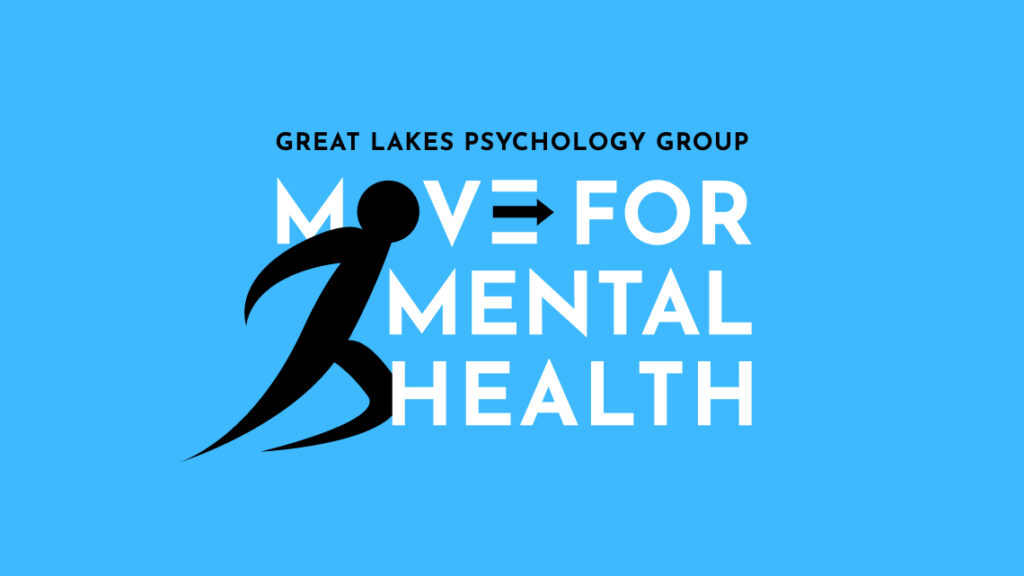5 Myths About Therapy

If you’ve never been to therapy, your references for what to expect may consist of misleading sources like pop culture and entertainment media which tend to offer inaccurate portrayals of therapy in an effort to make it appear, well, entertaining. Perhaps in part because of these misleading depictions along with a long history of stigma against talk therapy, there are unfortunately a few common myths about it.
Let’s clear up five of the most common misconceptions about therapy:
1. It’s for ‘crazy’ people
As a society, we’ve come a long way in the effort to destigmatize mental illness. However, the echoes of the myth that therapy is for ‘crazy’ people may still exist and likely keeps some people from seeking help for fear of what it will mean about them if they go to therapy. Of course, the reality is that no one is immune to suffering or hardship from time to time. In therapy, people learn skills and tools to effectively handle emotionally turbulent times in their life. Going to therapy can help individuals learn more adaptive, constructive ways of coping with a wide variety of life’s challenges such as emotional distress, family conflict, behavioral problems, relationship distress, parenting, work issues, and more.
2. Therapists give advice
This common misconception about therapy may dissuade some from seeking help because they fear being told what they “should” do. Therapists are not mind-readers or fortune-tellers, and most will refrain from offering their clients concrete “life advice”. Instead, therapists utilize their training and expertise to help their clients feel more empowered to make their own healthy and thoughtful choices in order to lead more fulfilling and productive lives.
3. It’s only for people who don’t have friends or family to talk to
It is untrue that therapists are placeholders for friends. In fact, the professional therapeutic relationship is categorically different from more casual, reciprocal relationships. Most obviously, therapists are formally trained and they offer evidence-based strategies for treating a wide range of emotional and behavioral problems. Also of importance are the boundaries that are built into the therapeutic relationship which do not exist in other relationships. To learn more about the benefits of the therapeutic relationship, click here.
4. It’s just a place for people to complain
It is a common misconception that a therapist is simply someone you can “vent” your grievances to. Talking through things that are bothering you is important, of course, but it rarely ends there in therapy. Therapists can offer a unique perspective to help you work through your problems. They can also help you gain insight into your biases or unconscious patterns to help you solve problems in a new way.
5. It’s expensive
Most insurance plans cover behavioral health treatment. Great Lakes Psychology Group is committed to making the costs of therapy transparent by providing complete account access and risk-free cost estimates prior to the first session. Click here to learn more about our payment options.
Ready to prioritize your mental health?
Great Lakes Psychology Group is here to help. With an extensive network of caring therapists available to meet online or in-person, we make it easy to find the right fit for your unique needs.




